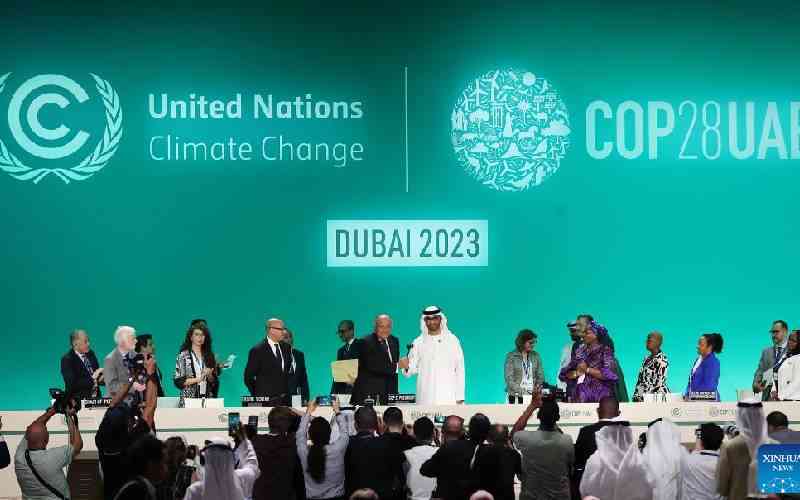×
The Standard e-Paper
Kenya’s Boldest Voice

This year recorded the hottest temperatures in history. Scientists have confirmed as global leaders start talks on global warming in Dubai.
World Meteorological Organization's provisional report, The State of Climate at COP 28, highlights Kenya's ongoing flooding due to El Nino rains as yet another climate disaster on the global map.